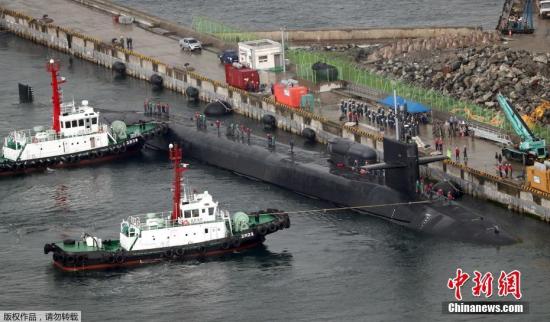Chinanews, August 13th, a comprehensive report, the Lebanese capital Beirut port area due to improper storage of 2,750 tons of ammonium nitrate, an explosion occurred, the port security issue has once again become the focus of social attention. Recently, about 1,240 tons of ammonium nitrate was exposed to the port of Busan in South Korea. As there is no unified command center to manage these chemicals, local residents have criticized the port.
On August 5, local time, after a violent explosion occurred in the Beirut port area of Lebanon, the buildings on the scene were severely damaged. .
According to local sources, the entry and exit, storage and monitoring of the materials involved are carried out separately, and there are loopholes in proper management.
According to reports, according to restrictions on traffic, the Busan Port Authority arranges the schedule for ships carrying ammonium nitrate when entering and leaving the port; however, whether such ships can enter or leave the port or unload the cargo is determined by the Busan Regional Oceanic and Fisheries Bureau.
After the ship is approved and the ammonium nitrate payload is unloaded, the ammonium nitrate will be stored and managed by the private terminal operator. Thereafter, the Busan City Fire and Disaster Headquarters will conduct regular inspections.
Officials from the Busan Ocean and Fisheries Bureau confirmed that as of August 10, local time, 62 containers of ammonium nitrate were stranded in the port.
Data map: Busan Port.
The official said, “The laws governing the management of ammonium nitrate are relatively scattered, and related responsibilities are divided into different departments. We will discuss with relevant departments to establish a systematic management system.”
According to the report, the Busan Bureau of Oceans and Fisheries has not been equipped with a real-time monitoring system, which can carry out follow-up inspection after the ammonium nitrate is delivered to the private terminal operator.
In response, the private terminal operator Busan Port Terminal insisted that ammonium nitrate was stored safely; and clarified that Beirut Port and Busan Port have significant differences in the storage methods for ammonium nitrate. In Beirut, ammonium nitrate is stored in bulk in warehouses, while ammonium nitrate in Busan Port is stored in steel containers several centimeters thick in accordance with international regulations to effectively resist fire and explosion.
At the same time, the terminal operator also emphasized that the residence time of these ammonium nitrate containers will not exceed 10 days, because the terminal operator will charge additional additional fees for hazardous substances.

